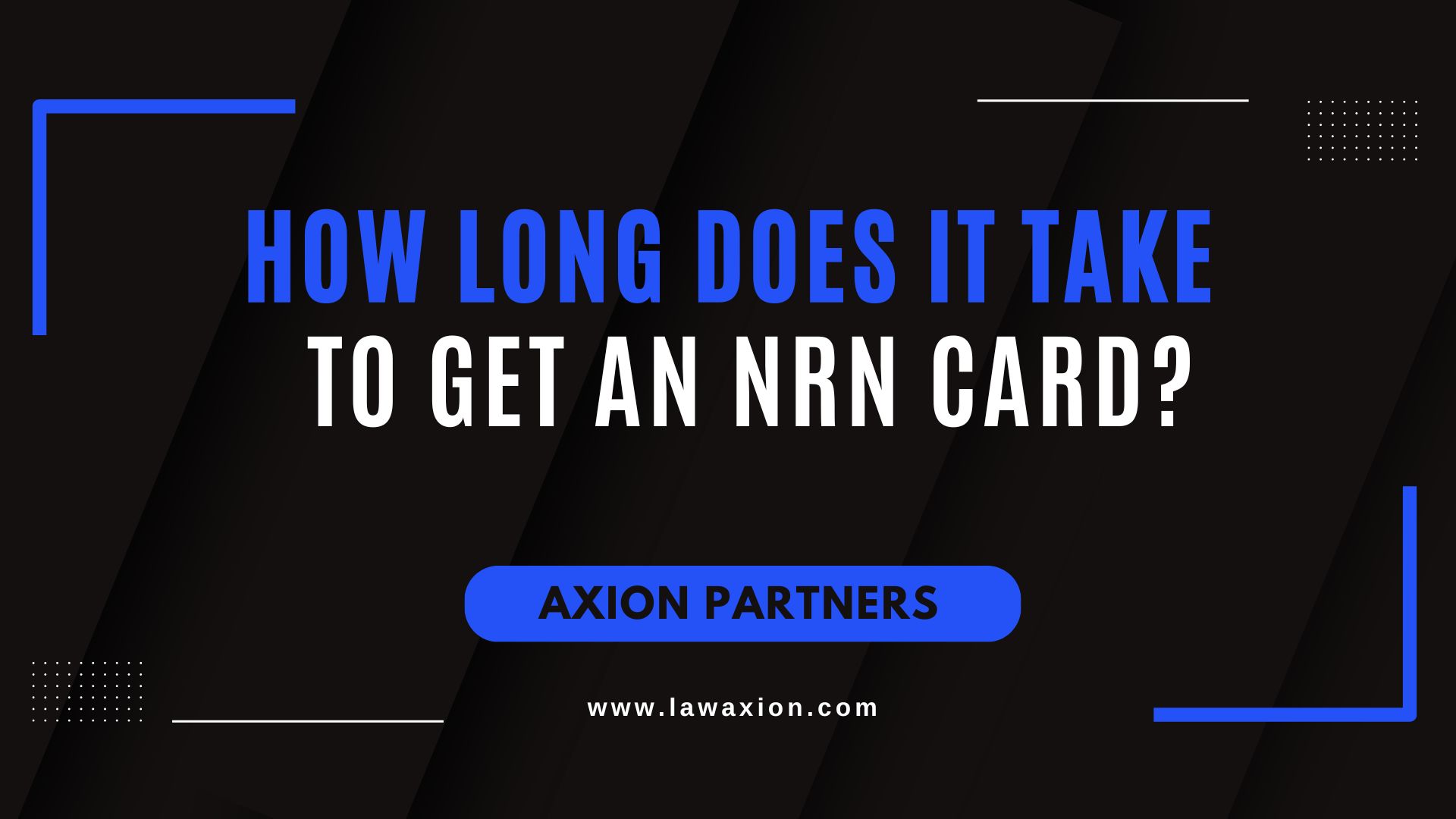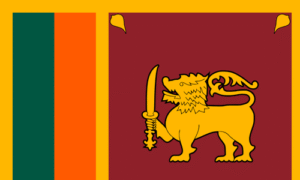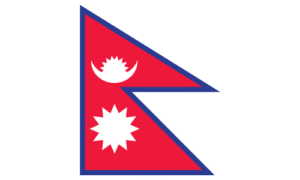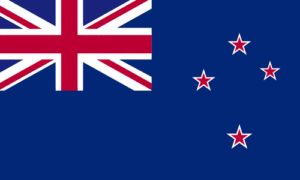Table of Contents
- 1 Introduction to Non Resident Nepali Card Process
- 2 Documentation Requirements for NRN Card Application
- 3 Eligibility Requirements for NRN Card Processing
- 4 Application Submission Process for NRN Cards
- 5 Processing Timeline Requirements for NRN Cards
- 6 Fee Structure for NRN Card Application
- 7 Verification Process Requirements for NRN Status
- 8 Renewal Requirements for Non Resident Cards
- 9 Benefits and Privileges of NRN Card
- 10 Legal Framework Governing NRN Card Process
- 11 Professional Services Available for NRN Applications
- 12 Common Challenges in NRN Card Processing
- 13 Digital Application Process for NRN Cards
- 14 Supporting Document Requirements for NRN Status
- 15 Appeal Process for Rejected Applications
- 16 FAQs
Introduction to Non Resident Nepali Card Process
The Non Resident Nepali (NRN) card is a crucial document for Nepalis living abroad, providing various benefits and privileges. The process of obtaining an NRN card involves several steps and requirements. This article will guide you through the entire process, from eligibility to application submission, processing timelines, and beyond.
The Non Resident Nepali Association (NRNA) works in collaboration with the Government of Nepal to issue NRN cards. These cards are governed by the Non Resident Nepali Act 2064 (2008) and its subsequent regulations. The process typically takes 30-45 days from the date of application submission, but this timeline can vary depending on various factors.
Documentation Requirements for NRN Card Application
To apply for an NRN card, applicants must provide several documents to prove their eligibility and identity. The required documents include:
- Completed application form
- Passport-sized photographs
- Copy of valid passport
- Proof of foreign citizenship or permanent residency
- Evidence of Nepali origin (birth certificate, citizenship certificate of parents, etc.)
It’s crucial to ensure all documents are current and properly authenticated. The Non Resident Nepali Rules, 2066 (2009) specify the documentation requirements in detail.
Eligibility Requirements for NRN Card Processing
To be eligible for an NRN card, applicants must meet specific criteria as outlined in the Non Resident Nepali Act 2064 (2008). The main eligibility requirements include:
- Being of Nepali origin
- Holding foreign citizenship or permanent residency
- Not being a citizen of South Asian Association for Regional Cooperation (SAARC) countries
- Being at least 18 years old
The Act defines “Nepali origin” as individuals who were previously Nepali citizens, or whose parents, grandparents, or great-grandparents were Nepali citizens.
Application Submission Process for NRN Cards
The application process for NRN cards involves several steps:
- Download and complete the application form from the NRNA website
- Gather all required documents
- Submit the application and documents to the nearest Nepali embassy or consulate
- Pay the required fee
- Receive an acknowledgment receipt
The Non Resident Nepali Rules, 2066 (2009) provide detailed guidelines on the application submission process. It’s important to follow these guidelines carefully to avoid delays or rejections.
Processing Timeline Requirements for NRN Cards
The processing time for NRN cards can vary, but typically follows this timeline:
- Initial review of application: 5-7 working days
- Verification of documents: 10-15 working days
- Background check: 7-10 working days
- Card production and dispatch: 5-7 working days
While the entire process usually takes 30-45 days, it can be longer if there are any issues with the application or if additional verification is required. The Non Resident Nepali Rules, 2066 (2009) outline the processing requirements and timelines.
Fee Structure for NRN Card Application
The fee for an NRN card application is set by the Government of Nepal and may vary depending on the type of card and the applicant’s country of residence. As of 2023, the general fee structure is:
- Regular NRN card: USD 100
- NRN card for students: USD 50
- Renewal fee: USD 50
These fees are subject to change, and applicants should verify the current fee structure with their nearest Nepali embassy or consulate. The Non Resident Nepali Rules, 2066 (2009) provide guidelines on fee collection and management.
Verification Process Requirements for NRN Status
The verification process for NRN status is thorough and involves several steps:
- Document authentication
- Background check
- Verification of Nepali origin
- Confirmation of foreign citizenship or residency status
- Cross-checking with government databases
This process is crucial to ensure the integrity of the NRN card system and prevent fraud. The Non Resident Nepali Act 2064 (2008) and its regulations provide the legal framework for this verification process.
Renewal Requirements for Non Resident Cards
NRN cards are typically valid for 10 years and must be renewed thereafter. The renewal process involves:
- Submitting a renewal application form
- Providing updated documents (e.g., current passport, proof of continued foreign residency)
- Paying the renewal fee
- Returning the expired NRN card
It’s advisable to initiate the renewal process at least 3 months before the card’s expiry date. The Non Resident Nepali Rules, 2066 (2009) outline the specific requirements for card renewal.
Read More
- Cement Company Registration in Nepal
- Construction License (All Class) Process in Nepal
- Digital Business Laws in Nepal
Benefits and Privileges of NRN Card
NRN cardholders enjoy several benefits and privileges in Nepal, including:
- Visa-free entry and exit from Nepal
- Right to purchase and own property in Nepal
- Eligibility to open bank accounts in Nepal
- Access to special investment opportunities
- Participation in NRN-specific programs and events
These benefits are outlined in the Non Resident Nepali Act 2064 (2008) and subsequent regulations, aiming to encourage NRNs to maintain ties with Nepal and contribute to its development.
Legal Framework Governing NRN Card Process
The NRN card process is governed by several legal instruments:
- Non Resident Nepali Act 2064 (2008)
- Non Resident Nepali Rules, 2066 (2009)
- Foreign Investment and Technology Transfer Act, 2075 (2019)
- Nepal Citizenship Act, 2063 (2006)
These laws and regulations provide the legal basis for the NRN card system, defining eligibility criteria, application procedures, and the rights and responsibilities of NRN cardholders.
Professional Services Available for NRN Applications
Several professional services are available to assist with NRN card applications:
- Legal consultants specializing in NRN matters
- Document authentication services
- Translation services for non-English documents
- Application review and submission assistance
- Follow-up services with relevant authorities
While these services can be helpful, applicants should ensure they choose reputable providers and understand that the final decision on card issuance rests with the government authorities.
Common Challenges in NRN Card Processing
Applicants may face several challenges during the NRN card processing:
- Incomplete or incorrect documentation
- Delays in document verification
- Issues with proving Nepali origin
- Complications due to dual citizenship laws
- Changes in personal circumstances during the application process
Understanding these potential challenges can help applicants prepare better and navigate the process more smoothly.
Digital Application Process for NRN Cards
The Government of Nepal is working towards digitalizing the NRN card application process. While not fully implemented yet, the digital process aims to:
- Allow online application submission
- Enable digital document upload
- Provide real-time application status updates
- Facilitate online fee payment
- Streamline the verification process
This digital transformation is expected to significantly reduce processing times and improve the overall efficiency of the NRN card system.
Supporting Document Requirements for NRN Status
In addition to the main documents, applicants may need to provide supporting documents to prove their NRN status:
- Employment records in foreign countries
- Tax documents from foreign jurisdictions
- Property ownership documents in foreign countries
- Educational certificates from foreign institutions
- Marriage certificates (if applicable)
These supporting documents help establish the applicant’s ties to foreign countries and their non-resident status.
Appeal Process for Rejected Applications
If an NRN card application is rejected, applicants have the right to appeal. The appeal process typically involves:
- Submitting a written appeal to the concerned authority
- Providing additional documentation or clarification
- Attending an interview (if required)
- Waiting for the appeal decision
- Reapplying if the appeal is successful
The Non Resident Nepali Rules, 2066 (2009) provide guidelines on the appeal process and the grounds on which an appeal can be made.
FAQs
What documents prove NRN status?
NRN status can be proven through foreign citizenship certificates, permanent residency cards, long-term visas, and documents showing Nepali origin such as birth certificates or parents’ citizenship certificates.
How much does NRN card cost?
The cost of an NRN card is typically USD 100 for regular applicants and USD 50 for students. However, fees may vary and applicants should check with their nearest Nepali embassy or consulate for current rates.
Can family members get NRN cards?
Yes, family members of NRNs can get NRN cards if they meet the eligibility criteria. This includes spouses and children of NRNs who are of Nepali origin.
What benefits come with NRN card?
NRN cardholders enjoy benefits such as visa-free entry to Nepal, property ownership rights, ability to open bank accounts in Nepal, and access to special investment opportunities.
How long is NRN card valid?
NRN cards are typically valid for 10 years from the date of issue. After this period, the card needs to be renewed.
Can NRN card be renewed online?
While the Government of Nepal is working towards digitalizing the process, as of 2023, NRN card renewal typically requires physical submission of documents. However, some parts of the process may be initiated online.
What if application is rejected?
If an NRN card application is rejected, applicants have the right to appeal the decision. They can submit a written appeal along with additional documentation or clarification to support their case.
Resources: Lawyer Monthly, LawFuel, PatentlyO





























